Теория репрезентации строительного дискурса
Здесь можно купить книгу "Теория репрезентации строительного дискурса " в печатном или электронном виде. Также, Вы можете прочесть аннотацию, цитаты и содержание, ознакомиться и оставить отзывы (комментарии) об этой книге.
Место издания: Москва
ISBN: 978-5-4499-2919-8
Страниц: 80
Артикул: 93461
Возрастная маркировка: 16+
Краткая аннотация книги "Теория репрезентации строительного дискурса"
Учебное пособие рассчитано на студентов вузов, обучающихся по специальностям 08.03.01 «Строительство», 08.05.01 «Строительство уникальных зданий и сооружений», и отвечает требованиям ФГОС ВО. Учебное пособие включает тексты с лексическим минимумом по специальности и практические упражнения к текстам, взятым из аутентичных источников на английском языке.
Содержание книги "Теория репрезентации строительного дискурса "
Предисловие
Unit 1. Home construction
Unit 2. Construction materials
Unit 3. Construction tools
Unit 4. Construction machines
Unit 5. Construction works
Unit 6. Floors, walls and roofs
Unit 7. Technical expertise construction
Unit 8. Skyscraper
MEMO
Литература
Все отзывы о книге Теория репрезентации строительного дискурса
Отрывок из книги Теория репрезентации строительного дискурса
When the foundation is finished cranes are used to raise a steel frame up into the sky. The pieces of this frame are bolted together. As it moves upward other workers lay floors and hang in the outside walls. The complete structure of the sky-scraper must be finished before the inside systems can be installed. A skyscraper must also be able to hold off strong winds. Modern buildings are able to swing a few metres in each direction, like a tree, without damaging the struc-ture. Sometimes a steel core rises upwards from the inside of the building to give it better support. Corridors, staircases, elevators, heating systems, air conditioning and electrical systems belong to the most important inner elements of a skyscraper. Although the outside structure can be completed in a few weeks it may take years to finish the whole building. Pumps bring clean water to all parts of the skyscraper, the drainage system carries away water and waste materials. Air conditioning and heating systems control the temperature in the building the whole year round. Electrical systems provide power and communication throughout the building and wires carry electricity to each floor. Elevators are the most important systems of a skyscraper. They carry people up and down at speeds of up to 500 metres per minute. History of skyscrapers Two discoveries in the middle of the 1800s made it possible to build modern skyscrapers. Before the Industrial Revolution brick and stone walls carried the weight of buildings. Because each floor was very heavy it was impossible to build very high houses. In the middle of the 19th century steel became an important build-ing material. This metal was strong and light. Architects could now construct a steel skeleton to support very tall buildings. Chicago’s Home Insurance Company Building was ten stories tall and the first skyscraper to use such a steel construction. Skyscrapers would have been useless if people had to walk up and down many flights of stairs. In 1...
Щербакова И. В. другие книги автора





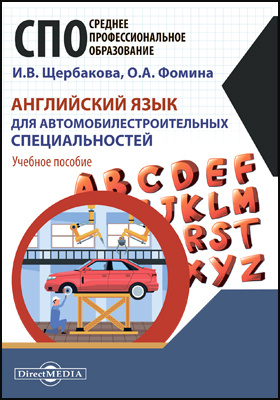

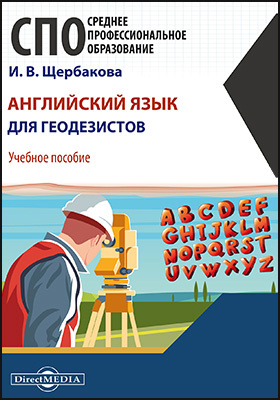

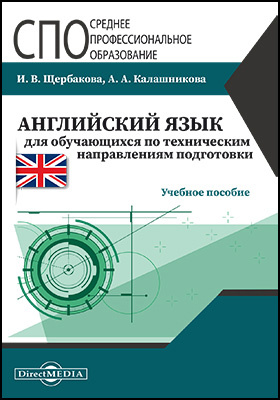











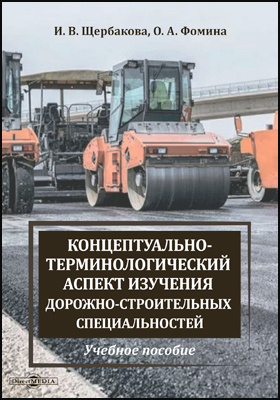







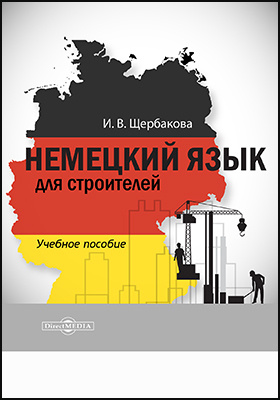
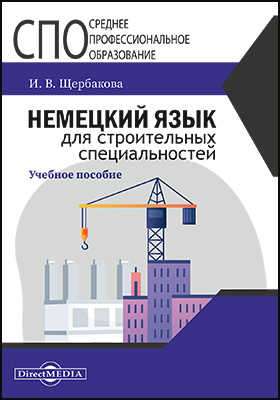


















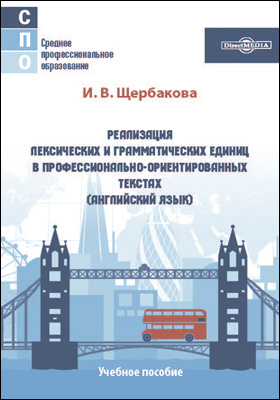







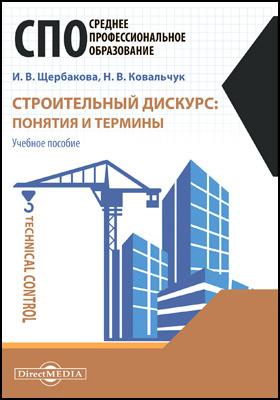






С книгой "Теория репрезентации строительного дискурса" читают







































Внимание!
При обнаружении неточностей или ошибок в описании книги "Теория репрезентации строительного дискурса (автор Ирина Щербакова, Надежда Ковальчук)", просим Вас отправить сообщение на почту help@directmedia.ru. Благодарим!
и мы свяжемся с вами в течение 15 минут
за оставленную заявку








